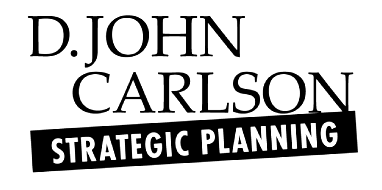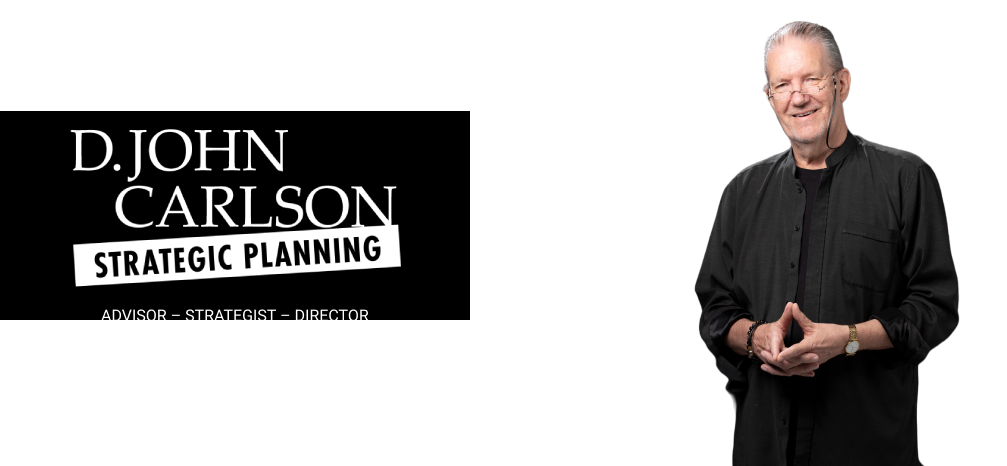CONSUMERS SEE MORE VALUE IN SOMETHING THEY OWN – NO MATTER ITS TRUE VALUE Richard Thaler, classical economist turned behavioural economist, coined the phrase – the endowment effect. The endowment effect occurs when a person values a product more when they own it than when they do not own it. The relative value of a […]
CONSUMERS SEE MORE VALUE IN SOMETHING THEY OWN – NO MATTER ITS TRUE VALUE Richard Thaler, classical economist turned behavioural economist, coined the phrase – the endowment effect. The endowment effect occurs when a person values a product more when they own it than when they do not own it. The relative value of a product owned by an individual is very often higher than an equivalent product that they don’t own. Inconsistent with traditional economic theory, this also highlights just how irrational consumers can be. Common examples of the endowment effect include: People wanting more to sell a product or business than they would pay for it. People prepared to spend vast sums maintaining a favourite car. People retaining securities they inherit rather than selling them like other assets. The endowment effect highlights the fact that products do not have an absolute value. The value of every product depends…


 Back
Back